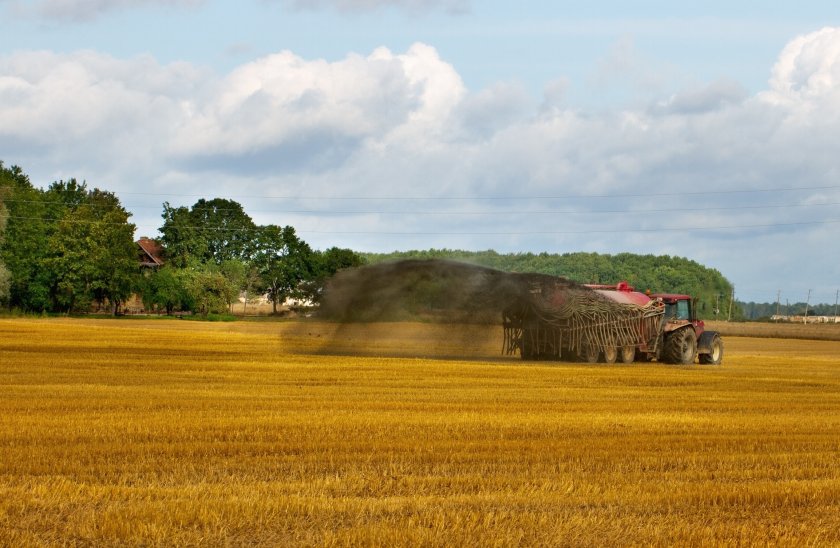
Green campaigners have been granted permission for a High Court hearing to challenge the government over its decision to axe a commitment to test agricultural sewage sludge for microplastics.
Campaign group Fighting Dirty launched the legal challenge after the Environment Agency dropped its pledge to bring the regulation of sewage sludge into the Environmental Permitting Regime by 2023.
This would have required sewage sludge to be tested for microplastics and chemicals before being applied to agricultural land as fertiliser.
The regulation of sludge was going to be brought in last year, but there is now no timetable for its introduction.
Fighting Dirty, which comprises of well-known environmental campaigners such as George Monbiot, is being represented by the environment legal team at Leigh Day.
The judicial review hearing has been listed to be heard on 8 July at the Royal Courts of Justice.
Mr Monbiot said: “Thousands of hectares of prime farmland are being contaminated every year with a cocktail of toxic chemicals, with scarcely any testing or documentation.
"The government knows this is wrong, but it has serially failed to keep its promises to take action. Thanks to this regulatory black hole, no one knows what exactly is going onto the land or what the consequences might be.
"We are holding the government to account for this monumental failure to protect the public interest."
Sewage sludge is the solid matter left over from the process of treating sewage at treatment plants and in septic tanks.
Contaminants that have not been removed by the sewage treatment process are contained in the product that is sold to farmers by water companies for use as fertiliser.
Campaigners at Fighting Dirty say these contaminants are harmful to both the environment and humans.
A report by the Environment Agency in 2017 found crops contaminated with dangerous organic contaminants including dioxins, furans, and polycyclic aromatic hydrocarbons at “levels that may present a risk to human health”.
Physical contaminants were also found in crops, including plastics that could result in “soils becoming unsuitable for agriculture”.
In 2020, the EA published a strategy for safe and sustainable sludge use stating that regulations would be introduced by mid-2023, bringing testing and regulation of sludge into the Environmental Permitting Regime (EPR).
However, the 2023 deadline was removed from an updated version of the strategy published in August 2023, with no alternative timescale introduced.
Leigh Day solicitor Julia Eriksen, who is representing the group, said: "The EA has known about the dangerous level of contamination that exists in sludge since 2017.
"In these circumstances, it is arguably irrational for the EA not to replace the target date. We are pleased that Fighting Dirty has been granted permission to advance this important case in the High Court.”
